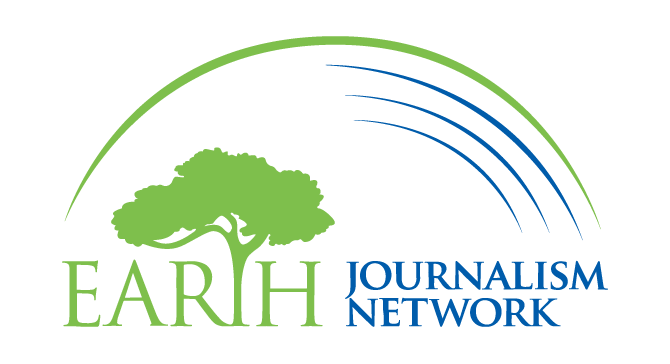Deadline: September 25, 2023
Applications for the EJN Training Program 2023 are now open. EJN will train selected journalists in East Africa on techniques to investigate money laundering, fraud, bribery and corruption, trace assets, underground money movements and illicit payment methods. Journalists may also investigate other environmental crimes including illegal logging, overfishing of protected species, and dumping of hazardous waste.
EJN will select 12 journalists who will take part in a series of online training sessions and a final in-person workshop in April 2024. They will also receive story grants and will be closely mentored by experts on the topic as they research and investigate their stories.
Overview
The United Nations Office on Drugs and Crime estimates that the illegal wildlife trade is worth about 23 billion dollars per year globally, making it the fourth largest illegal trade after trafficking in drugs, humans and weapons. Wildlife crime and trade—rampant in East Africa as both a source and transit point—not only threatens the survival of flora and fauna but also has a bearing on climate change, security, economic stability, and human health.
The nature of these crimes involves a complex transcontinental chain, from source countries—many in Africa—to destination countries such as China, Vietnam and Thailand, linking poachers to transporters to exporters to processors to wholesalers to retailers to end users, according to the Financial Action Task Force Report on Illegal Wildlife Trade, 2020.
Indeed, Interpol says that the routes used to smuggle wildlife and wildlife body parts and/or derivatives across countries and continents are the same used to traffic other products, and as such, are led by transnational organized criminal networks also involved in drug trafficking and money laundering. To equip journalists to investigate and expose these crimes, EJN’s East Africa Wildlife Journalism project is running a nine-month-long training program, Following the Money to Combat Environmental Crime.
Eligibility
- Applicants can be from Kenya, Uganda, Tanzania, Rwanda or South Sudan.
- For the purposes of this grant opportunity, they will only be accepting applications in English. Unfortunately, they do not have the capacity to consider applications in other languages at this time. Applicants must either have a working understanding of English or have a translator available to assist with communication with Internews staff.
- Applications are open to journalists working in any medium (online, print, television, radio). Freelance reporters and staff from all types of media organizations— international, national, local and community-based—are welcome to apply.
- They welcome applications from experienced reporters with a track record of producing depth and/ or investigative work on the environment, wildlife and conservation. Candidates with a demonstrable plan to collaborate with Asian journalist(s) to explore environmental crime markets stand a high chance of being selected.
Judging Criteria
They are looking for applicants who meet the following criteria:
- Demonstrated experience investigating environmental, wildlife and conservation issues and/or producing cross-border, collaborative investigations.
- A relationship with an established media house and a signed letter of support from an editor agreeing to their participation in the training program and/or to publishing/broadcasting work produced as a result of this training program.
- Interest and enthusiasm to participate fully in the training program and to work closely with their assigned mentor.
EJN also considers the need to assemble a diverse cohort of journalists from different types of media houses, mediums and geographies.
Application
The application deadline is 25 September 2023, 11:59 PM, Africa/Addis Ababa EAT.
For more information, visit EJN.

